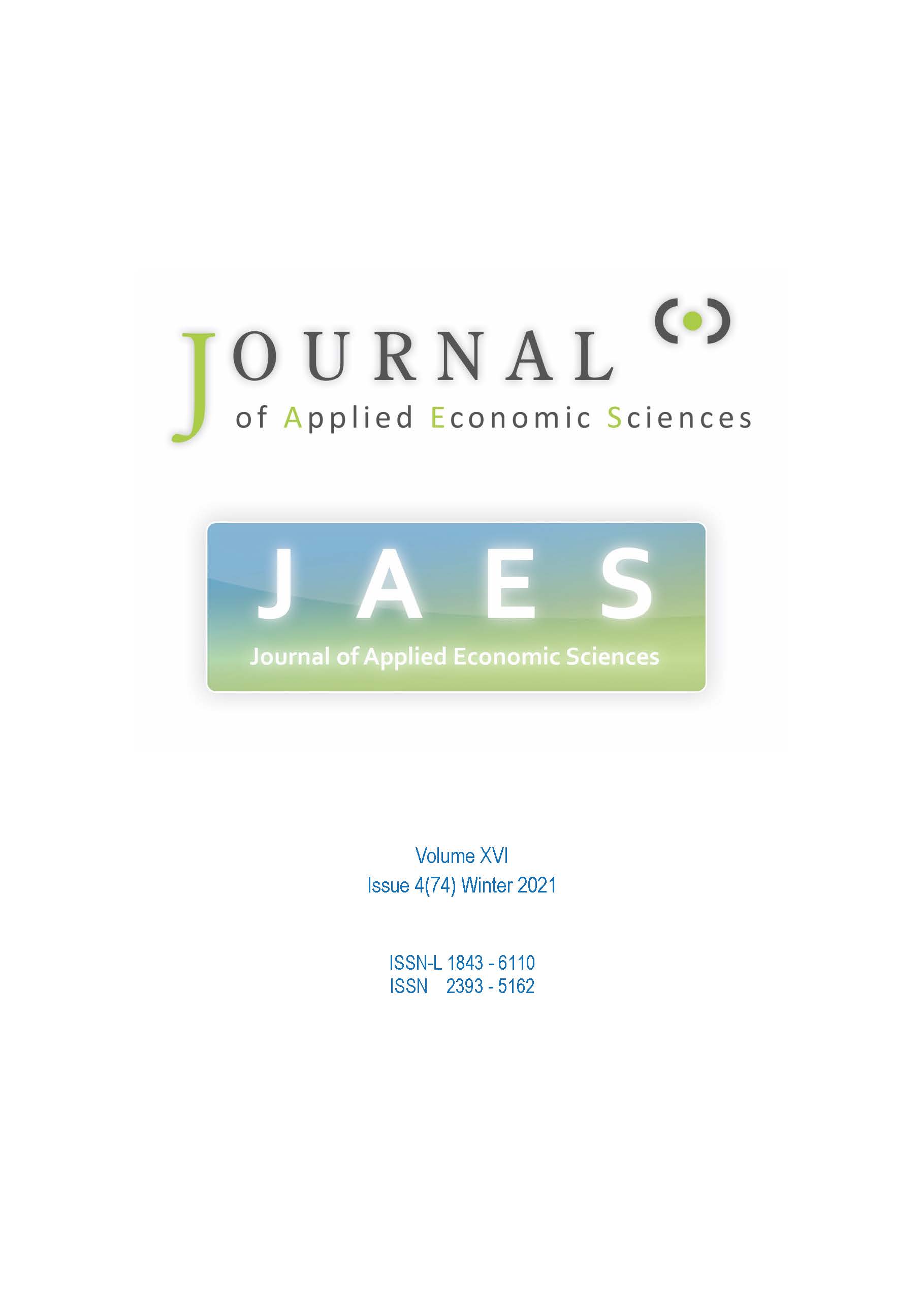Impact of Monetary and Fiscal Policy on Rice Productivity in Nigeria
Impact of Monetary and Fiscal Policy on Rice Productivity in Nigeria
Author(s): Odey Moses Ogan, Lydia Nelson Kotur, Jenny EssienSubject(s): National Economy, Business Economy / Management, Economic policy, Fiscal Politics / Budgeting
Published by: ASERS Publishing
Keywords: monetary policy; fiscal policy; vector auto regressive; co-integration; augmented Dickey-Fuller; productivity;
Summary/Abstract: The paper examined the impact of monetary and fiscal policy instrument on rice productivity and employed vector auto-regressive model using Augmented Dickey Fuller unit root text, followed by Johansen Co-integration test among the series using annual data for the period 1981-2016. The results also show that all the monetary and fiscal policy instrument fitted co-integrate with rice production. Therefore, long run relationship exists among the variables and rice productivity. In the long-run, interest rate, exchange rate, money supply and public expenditure significantly affected rice productivity with adjusted R2 value of 60%. The result also shows that there is deceleration in exchange rate, interest rate and rice output. The speed of adjustment where monetary and fiscal policies variables will equate rice productivity in the short run is- 0.365830. The study concludes that there exist no short-run effects of policies instruments on rice productivity but on the long run. From this finding, the study recommended regulations of interest rate to a single digit, exchange rate should be friendly. Government should increase spending to agriculture and by extension policy focus on rice production to boost rice productivity). The study also recommended government regulation of policies instruments and to desist from frequent policies change.
Journal: Journal of Applied Economic Sciences (JAES)
- Issue Year: XVI/2021
- Issue No: 74
- Page Range: 400 - 414
- Page Count: 15
- Language: English

